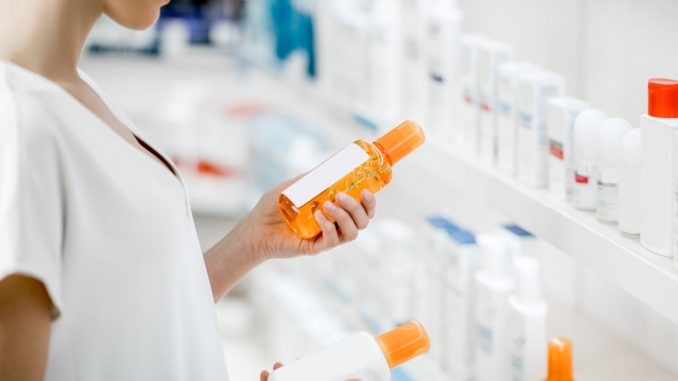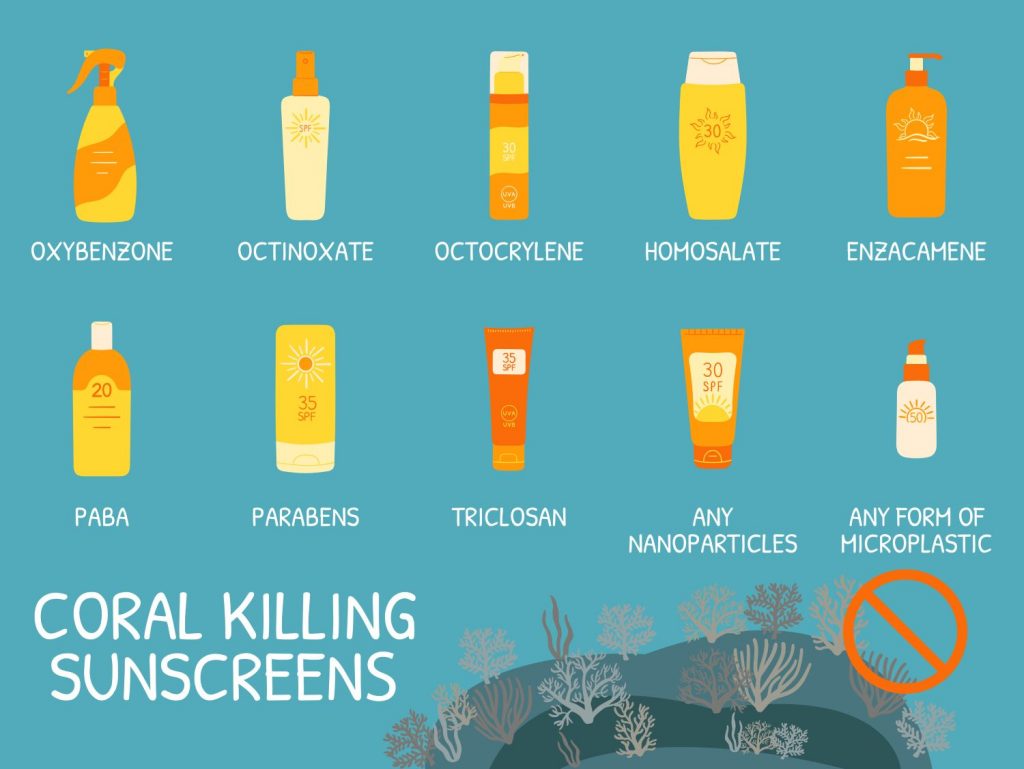
The sunscreen industry is experiencing remarkable growth, driven by increasing consumer awareness and concern for skin health. As more people recognize the importance of sun protection, the demand for sunscreen products continues to rise. This blog highlights critical changes in the sunscreen market, market size projections, key players, emerging trends, and how industrial automation can address the challenges manufacturers face in meeting the growing demand.
Sunscreen market overview
The global sunscreen market is projected to reach a retail value of €10.56 billion in 2023. According to forecasts, the market is expected to achieve a market volume of €12.60 billion by 2027, representing an annual sales growth rate of 4.51% (CAGR 2023-2027). In 2023, this market’s estimated per capita spending is approximately €1.37. The most significant segments within the market in 2020 were body sunscreens, facial sunscreens, and sunblocks for children. Prominent manufacturers in the industry include industry leaders such as NIVEA, Garnier Ambre Solaire, Neutrogena, La Roche-Posay, Hawaiian Tropic, and Banana Boat (Source: Industry Reports, Sunscreen global market data from Statista.com).
Market growth drivers: increasing awareness of skin health and sun protection
One of the key factors driving the growth of the sunscreen industry is the increasing awareness of skin health and the need for sun protection. With growing concerns about the harmful effects of UV radiation on the skin, consumers are becoming more aware of the importance of using sunscreen regularly. Awareness campaigns, educational initiatives, social media influencers, and skin care professionals’ endorsements have positively changed consumer behavior, resulting in increased demand for sunscreen products.

Environmental concerns and sustainable practices
The impact of sunscreen ingredients on coral reefs and marine ecosystems has raised environmental concerns. When people use sunscreen, especially while swimming in the ocean on vacation, the chemicals can end up in the sea and harm corals. Producers need to address these concerns by formulating and promoting reef-safe sunscreens. Finding alternative ingredients that are effective, safe, and environmentally friendly can be challenging and requires research and development efforts. Consumers are becoming more aware of the environmental impact of their purchases and actively seeking eco-friendly sunscreen options. Traditional sunscreens often contain chemical ingredients that can harm marine life and contribute to coral reef damage. This has led to the rise of eco-friendly sunscreens made from natural ingredients and recyclable or biodegradable packaging materials. Companies are introducing products that are reef safe, free of harmful chemicals, and packaged in environmentally friendly materials.
Technological advances in sun care products
The sunscreen industry is embracing technological advancements to provide enhanced protection and convenience to consumers. Innovative sunscreen formulas offer better UVA and UVB protection, longer-lasting effects, and improved compatibility with different skin types. Additionally, companies are incorporating smart features such as wearable UV sensors and mobile applications that provide personalized sun protection recommendations. These advancements cater to consumer needs and position the industry for continued growth.
Increasing production volume: embracing industrial automation for sunscreen manufacturing
The sunscreen industry’s remarkable growth, driven by increasing consumer awareness and concern for skin health, necessitates adopting industrial automation solutions. By implementing automation technologies such as conveyors and dynamic speed control, it is possible to achieve high-volume production with gentle handling and accuracy. This improves line efficiency, minimizes product damage, and eliminates accumulation, resulting in seamless speed changes and reduced downtime:
- Improve line efficiency: Conveyor systems and automation technologies enable high-volume production with gentle handling and high accuracy. Dynamic speed control minimizes product damage and avoids unnecessary accumulation, ensuring seamless speed changes and reducing downtime.
- Improve product quality: Automation systems help align products before they enter filling, labeling, and packaging machines, ensuring precise and accurate packaging. Comprehensive quality control measures, including inspection and testing processes, help deliver high-quality sunscreen products to the marketplace.
- Increase scalability and flexibility: Modular automation solutions allow sunscreen manufacturers to easily adapt to changing needs. Whether increasing production capacity or accommodating new product variations, automation systems can be modified and customized to provide scalability and flexibility.
- Optimize resource utilization: Automation technologies enable efficient use of resources, minimizing waste and reducing production costs. Through optimized design and standardized functionality, manufacturers can achieve low cost of ownership with minimal maintenance and power consumption.
If you’re a manufacturer of Personal Care products looking to increase production efficiency and meet market demands, FlexLink can provide customized automation solutions to meet your specific needs. Contact us to explore how our expertise can help design an efficient, reliable, and flexible flow for sunscreen production and achieve sustainable growth.




Leave a Reply